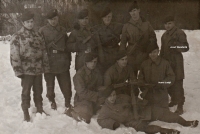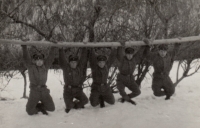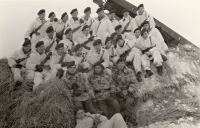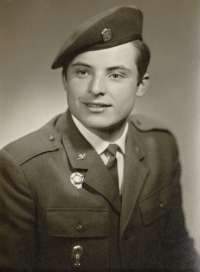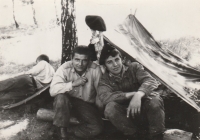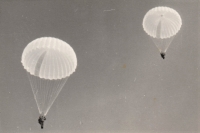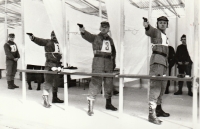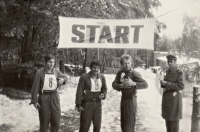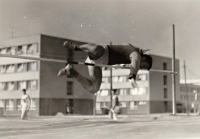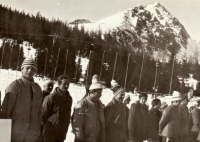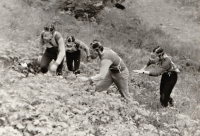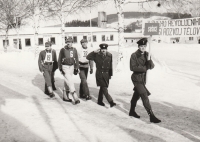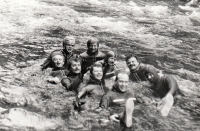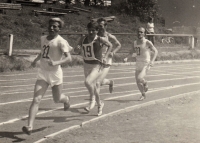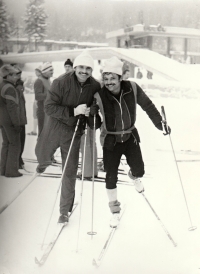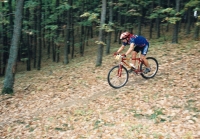Paratroopers were always the elite.
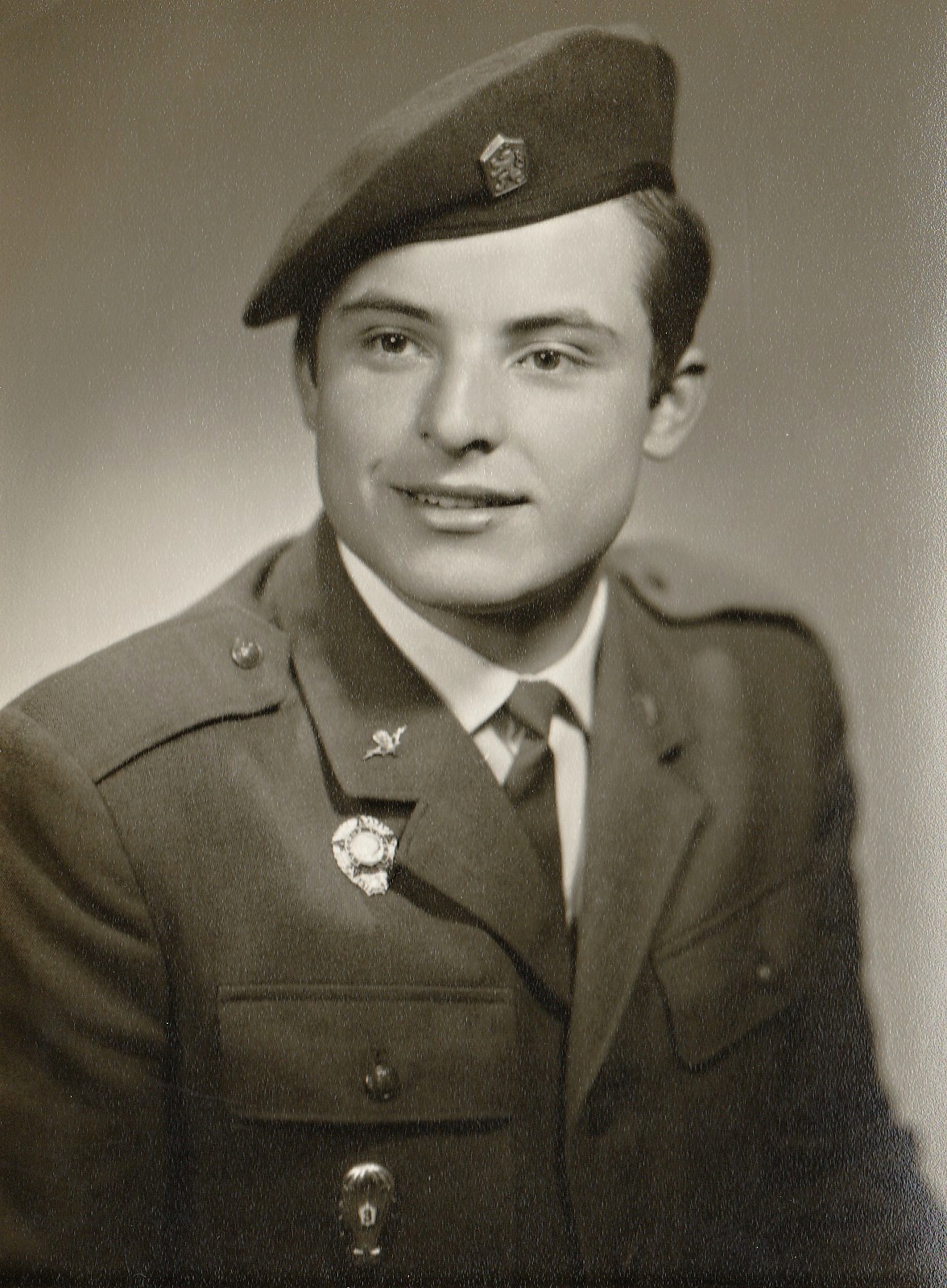
Download image
Josef Weinfurt was born on 31 December 1950 in Stříbro, Pilsen, and grew up in Klatovy. His mother Jarmila, née Lamplová (born 1928), came from Plzeň and worked as a clerk all her life. Father Josef Weinfurt (born 1910) came from Zbůch near Pilsen. He worked as a mine locksmith and later as the head of the planning department of the Klatovy district council. Between 1965 and 1968, he trained as a forester at the forestry school in Modrava. After the conscription he enlisted in Prešov. He was originally supposed to serve in the so-called scouts, but because of his physical fitness he was transferred to the paratroopers. He completed his basic service with the Deep Reconnaissance Company in Janovice nad Úhlavou. After the war he abandoned the idea of further education in forestry, where he had no chance without protection. At the recruitment to the police, then Public Security (VB), he was offered the possibility of further studies. He entered the SNB (National Security Corps) high school, and subsequently graduated from the SNB (National Security Corps) College in Holešov, 3rd Faculty of State Border Protection. Because of his studies he had to join the Communist Party of Czechoslovakia. He started at the Department of State Border Protection in Luby near Cheb. In 1980 he got married. Because he did not want to be in the Border Guard, he sought to transfer back to the Public Security Service. Eventually, as a married man with a child, he got a job at the VB in Nýrsko. He worked there until 1989. After the revolution he worked as a chief in Švihov, after a year he moved to Klatovy, where he stayed for the next sixteen years until his retirement as a police fighter. He was in charge of shooting and combat training of police officers. As an enthusiastic sportsman he took part in many athletic, cycling and running races. In the 1980s he was at the birth of the Water Rescue Service and its junior section in Klatovy. A lifelong sports enthusiast, he is still active in sports, especially his favourite cycling. Josef Weinfurt raised two daughters and enjoys three grandchildren. He lived in Klatovy in 2023.


